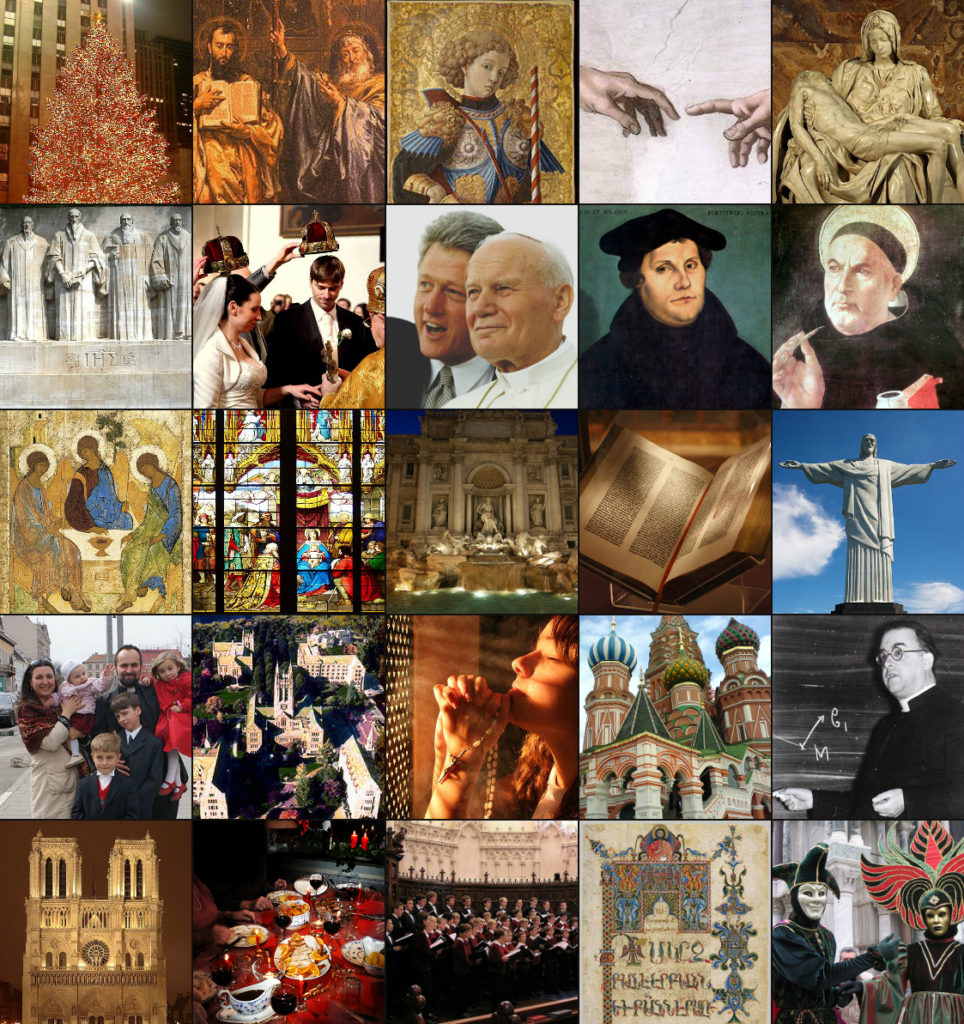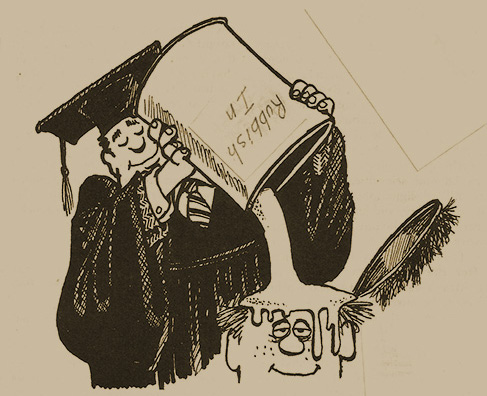As you might have guessed from my post yesterday, ‘Mr Darcy’, that entry was an oblique reference to a commenter who, despite my warnings years ago, believed I had an obligation to answer all his questions.
Recently I’ve written here about other Englishmen I dealt with personally on my last trip to London, who this month were imprisoned in their country, basically for thoughtcrime. But I didn’t tell the whole story in the case of one of them, Tyrone Patten-Walsh, who used to comment here under the name Joseph Walsh.
In the middle of last year, Walsh posted a couple of comments on The Unz Review that are worth quoting. The abysmal difference between a person like me, who entered the racialist world after half a century of existence—having used decades of my life to process the trauma my parents caused when I was a teenager—, and those racialists who had a similar life but never processed their traumas, is discovered in these comments. Last year Walsh wrote:
I’m still here Cesar, still watching, still observing. My re-trial begins next Monday the 5th of June. Obviously I hope not to go to prison but I don’t care if I do. The media reported on my trial last summer here and here.
I took great joy in the prosecution terming me and my co-defendant “unapologetic white supremacists”. Actually I’m an Anglo-Saxon supremacist. German supremacism and Nordic supremacism are for those lower down the hierarchy of mankind.
I know if I go to prison I’ll likely be greeted by white cowards who’ll be taking a beating from their Black and Muslim superiors. Blacks and Muslims have racial pride and blend racial and religious pride with criminal activity and domination of prisons. White males in UK prisons seem to not be able to do this, predictably. In American prisons there IS a combination between White Supremacy and crime, fortunately. What seems the logical thing to do to me is to use the prison system as a foundation for dominating the streets. Use the most secure prisons as headquarters for dominating the prison system and then monopolize crime on the streets. But white cowards have long ago consented to their streets (and prisons) being controlled by Third World criminal gangs.
Never mind. The white race can go to hell for all I care. I’ve saved myself and that’s what matters. Even if the white race does survive, it’s apparent to me that humanity is going nowhere. We’re a hopeless species. A doomed species. There never was any hope for mankind. Never was, never will be. A silly planet full of silly people leading their silly lives. If only all of humanity could be put in prison to be ‘alone with their thoughts’ then I would feel Justice had been done.
Robert Morgan, another commenter on The Unz Review who, like Walsh, has also never processed his childhood trauma, replied to Walsh with these words:
All the best people go to prison—Socrates, Sade, Hitler. More recently, Joseph Paul Franklin, die Brüder Schweigen, Charles Manson, Ted Kaczynski, Anders Breivik, Brenton Tarrant, and many more, both famous and obscure. Just as steel is tempered to make a better weapon, men are put in prison in order to acquire the necessary hardness.
Morgan is confused: several on his list have little in common with each other. Walsh replied:
Yes. I’ve observed that some of the greatest men of the past one hundred years spent time in prison. I thought Charles Manson’s way of handling his virtually lifelong imprisonment was fantastic, especially his wise insights that “the way out is not through the gate”. I engage in regular correspondence with two former associates of Charles Manson, namely Nikolas Schreck and James Mason. Another one of my favourites was Barry Mills who rose to become the leader of the Aryan Brotherhood prison gang in the American prison system from the 1980s until his death. He ended up enjoying prison, deliberately committing crimes to get back into prison because he could thrive inside there as a highly respected kingpin of organized crime in America.
Ever since my late teenage years I’ve always been fascinated by prison, especially American prisons. I remember watching documentaries about white supremacist prison gangs and loving the ruthlessness of the environment. It’s not an accident that I’ve ended up in trouble with “the Law”. It fits right in with the bigger picture of my life’s destiny. Just under two years ago I and my co-defendant [Chris Gibbons] appeared before a judge at the Old Bailey court in London where William Joyce and John Amery were put on trial, essentially for being part of the same cause as Joyce and Amery, only eight decades further down the line. I’m aware of my individual place and purpose within the big picture of human history as a whole.
Walsh quoted Morgan again:
The torture of prison—the main point of it—is to expose you unremittingly to the depredations of your “fellow man”, and this would be defeated if everyone got his own cell.
And then responded:
I have an associate who spent some time in prisons here in England. He said “The people are the punishment. If you were in there on your own it wouldn’t be a punishment.”
As far as ‘punishment’, I’ve already suffered immensely since I was 17 when I was incarcerated in a mental institute for ‘mental illness’. I’ve spent a year of my life locked up for ‘insanity’ already. I’m used to suffering and I don’t expect mercy from life. Life shows little to no mercy to certain people. Consequently I have become merciless. In fact I’ve come to love the suffering and evil of this planet. As long as humans are suffering justice is being done, that’s what I say. From my teenage years I’ve been obsessed with Satan, Hitler, Charles Manson, Evil, crime, serial killers etc.
Here we see the great cognitive distortion in Walsh’s perspective. What he says sounds much more like ‘Hollywood Hitler’ than the historical Hitler whose biography we have begun to ponder, at a snail’s pace but I will try to ponder it through the book by another Englishman, Brendan Simms. Walsh continues:
If I do go to prison I imagine I should feel right at home. It’s part of being a revolutionary, an outlaw. When I was younger the British state termed my thoughts and words ‘insane’, now my words and thoughts are ‘illegal’ haha. I’ve been termed bipolar, schizoaffective, autistic, Asperger, a terrorist, far right etc. by the usual psychological ‘experts’. I’m sure you can imagine my life’s story Dr. Morgan. It’s the same story lived by thousands of other ‘dangerous males’ all across the West.
I’ll finish with an amusing anecdote. Ten years ago Carolyn Yeager interviewed Tom Metzger and Metzger was talking about the Jews’ collective will to power. Carolyn asked Metzger “Where’s our will to power?” and Metzger paused for a split second then said, “They’re all in prison”. Yeager was appalled by Terrible Tommy’s statement and said “Oh, come on.” I wouldn’t have expected her to understand but Metzger most certainly did lol.
Thanks for your [Morgan] words of support anyway.
All this stuff about Satan, Manson, serial killers and so on is nothing but extremely dense mental darkness: a ‘paleological’ way of dealing with trauma (see my book Day of Wrath).
One example will suffice. When I was in his flat in London, I realised that Walsh was suffering from akathisia because of the drug the pseudoscientific psychiatrists had prescribed for him. But Walsh apparently ignored my advice, even though he started watching a Robert Whitaker video about these drugs that I had recommended on YouTube. (Whitaker was awarded the Pulitzer Prize for a series of articles questioning the ethics of psychiatric research.) Despite my offering to advise him on psychiatry and family trauma, Walsh went his own way: a way that we might call, as Krist Krusher does, the way of the ‘Siege-tards’ in reference to James Mason’s Siege (see Krusher’s indented quote in this post).
In July 2019 I tried to communicate these ideas to Walsh. But he got angry calling me a mongrel, etc., instead of answering my simple question: Is Charles Manson good for Hitler’s 88 words?
What to think of the Walsh case and others like him? One thing is certain: It is not possible to save the white race from an insane asylum or prison. It’s a shame that when WordPress Inc., cancelled my The West’s Darkest Hour account it was very difficult to retrieve articles and comments; and a heated discussion from a January 2019 post in the old incarnation of this site—a discussion about Charles Manson precisely—didn’t make it in the move to this new incarnation. But it is clear from what is linked above that Walsh didn’t attempt, in July of that same year, to answer my question: in what sense was Charles Manson useful to the fourteen words?
Unlike an internally processed man like me, who no longer suffers from any neurosis (let alone psychosis!), three smart commenters on that January 2019 thread, including Walsh, suffered psychic breakdowns in admiring this prisoner who has nothing to do with Hitler’s ideals.
Hopefully, Walsh will use his next seven years in prison to heal his troubled soul like Solzhenitsyn, instead of going the way of the Siege-tards. I have a hunch that Chris Gibbons, the other Englishman I met in London who got one more year in prison than Walsh, also for thoughtcrime, will have a better chance of processing his soul as Solzhenitsyn did.








